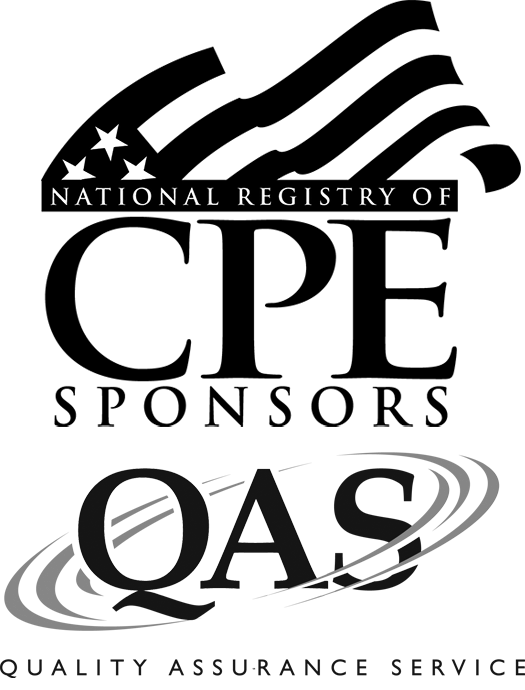Self-Study Course Details
Course Description
Two tools for fraud detection are discussed in this course; Benford’s Law and the Beneish M Score. Benford’s Law predicts the probability of the distribution of first digits in a set of accounting numbers. For the first digit, one is the most likely occurrence, followed by two, etc. In a large population of accounting transactions, by comparing the actual occurrence of first digits in accounting numbers to the Benford distribution, areas of concern are highlighted for further analysis and evaluation.
The Beneish M Score quantifies the possibility of financial manipulation occurring in financial statements.If the M Score is greater than (or less negative than) -2.22, it is likely that there is some manipulation of the financial results.
Both of these are powerful tools in the detection of fraud. Benford’s Law assists in the detection of transactional fraud while the Beneish M Score assists in the detection of fraud in financial reporting.
Learning Objectives
- Describe how to use Benford’s Law to detect potential fraud
- Define situations where Benford’s Law is and is not applicable
- Describe the Beneish M Score and its components
Prerequisites
- None
Advanced Preparation
None
Author Details
-

Joseph Helstrom
Joe is a partner at CFO Resources, LLC, a company focused on training and courseware for CPAs and is also the owner of Mill Creek Publishing LLC, a provider of self-study courses for CPAs. Joe has over 30 years of experience as a CPA in both public accounting and industry with extensive experience in financial reporting and analysis, treasury, tax, information technology, legal and regulatory matters and strategic planning. After graduation from Butler University with a degree in Accounting, Joe got his start at Ernst & Young and, subsequent to that, has served as Chief Financial Officer, Director of Treasury and Tax, Controller and Manager of Financial Planning, Reporting and Analysis for several different companies. Joe, along with his wife Patricia McCarthy, have published articles in Missouri and Texas CPA Society publications titled “Incorporating Excel Arrays into Your Audit Plan”.
NASBA Sponsor
-
 Encoursa is registered with the National Association of State Boards of Accountancy (NASBA) as a sponsor of continuing professional education on the National Registry of CPE Sponsors. State boards of accountancy have final authority on the acceptance of individual courses for CPE credit. Complaints regarding registered sponsors may be submitted to the National Registry of CPE Sponsors through its website: NASBAregistry.org.
Encoursa is registered with the National Association of State Boards of Accountancy (NASBA) as a sponsor of continuing professional education on the National Registry of CPE Sponsors. State boards of accountancy have final authority on the acceptance of individual courses for CPE credit. Complaints regarding registered sponsors may be submitted to the National Registry of CPE Sponsors through its website: NASBAregistry.org.
$27.00
CPE
-
Webinars: CPE certificates will be accessible through your dashboard 1 hour after a webinar concludes.
Self-Study: CPE certificates will be accessible through your dashboard immediately after passing the qualified assessment.
For specific instructions on accessing your CPE, please see our FAQ section on our support page.
- Multiple Attendees on Webinars: Each attendee should register separately for the webinar. If more than 1 attendee participated from the same device, please contact us after the event to let us know. For group signups for paid events, please contact us.

